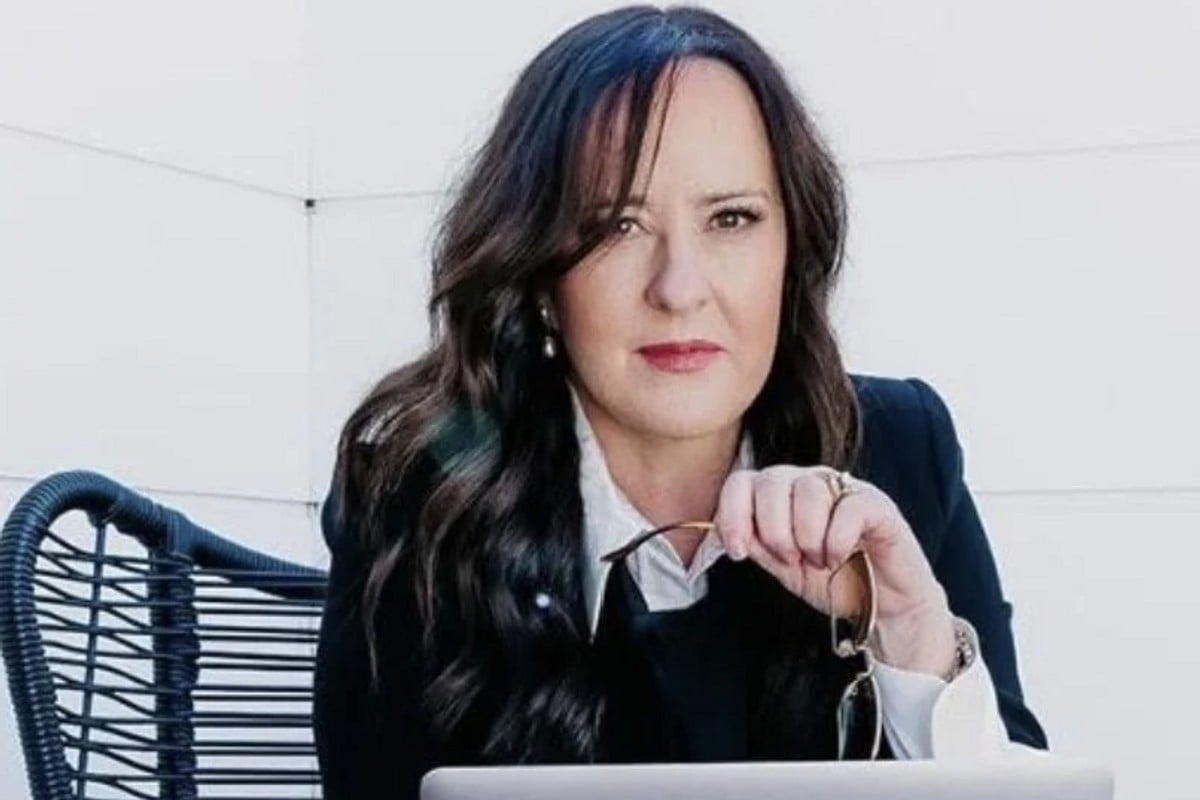
If you want to support independent women's media, become a Mamamia subscriber. Get an all-access pass to everything we make, including exclusive podcasts, articles, videos and our exercise app, MOVE.
Kylee Dennis has seen it all. As a former NSW police detective turned private investigator and founder of Two Face Investigations, she's witnessed firsthand how sophisticated scammers are becoming.
And how easily everyday Australians are falling victim.
"Scams are the number one crime in the world," Dennis told Mamamia. "They have taken over the drug trade — $1 trillion last year, but that's just what's reported."
Watch: Chanelle McAuliffe shares what really went down with Belle Gibson on True Crime Conversations. Post continues below.
Recent research from cybersecurity leader Trend Micro found that two-thirds of Australians have been targeted by an online scam and more than a quarter have fallen victim.
Alarmingly, nearly a third of victims only realised it was a scam after losing money, and 38% stayed quiet out of embarrassment.
Dennis, who entered the world of scam investigations after her own mother was targeted, says the scale of the problem is staggering.




























































































